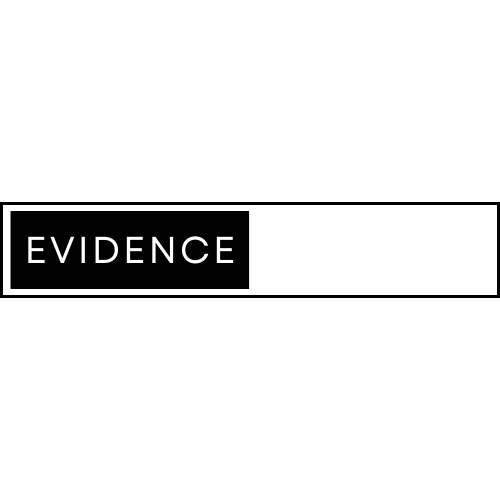
Tevya Zukor, Ph.D.
SELF CARE
It is currently the best time of year to work in collegiate mental health – Summer!! The grind of the Fall and Spring has concluded, and the pace of the job is decidedly more relaxed. For many, it means that the near-constant stream of clients in and out of the office has been replaced with more strategic planning initiatives, catching up on previously-neglected administrative tasks, and; when the stars align just right; increased time for lunches and catching up with colleagues.
It is the reason many of us enjoy collegiate mental health so much (aside from the fantastic population and ability to really make a lasting difference in young people’s lives). You can set your watch by the busy seasons. The Fall and Spring will always be intense, but the Summer usually provides a chance to recover and recuperate. I often jokingly tell colleagues that I enjoyed my college days so much; I simply refused to leave when I became a working professional.
However, I have realized that this summer needs to have a different focus. With no disrespect to Chet Hanks (OK, check that…with an *appropriate* amount of disrespect to Chet Hanks), who famously sings that it will be “White Boy Summer,” I would like to propose this year be Self-Care Summer – with no discrimination based on either race or gender.
It is easy to feel burned out as a group psychotherapist who works in collegiate mental health. The demand for services has continued to grow, unabated, year after year. The world continues to struggle through a pandemic, even though many agencies and jurisdictions have eliminated all COVD-related accommodations that once made the work more tenable. It is almost as if those organizations have decided that if we just pretend hard enough, the COVID pandemic will be over. It takes the expression “Fake it until you make it” to an all-new, deadly level. In part, as an inevitable consequence of when data and facts do not match up with policy, many people are experiencing rates of depression and anxiety that are unprecedented. And once again, it is the mental health professionals who are asked to work harder (and often for equal or less pay than before) to help alleviate this crisis of stress in the general population.
At many colleges and universities, budget shortfalls only compound the problem. For example, at the school where this humble writer works, the counseling center actually had to reduce the number of clinicians since the pandemic started. Those decisions, even if necessary, only increase the fatigue and burn out of the clinicians who have seen not only their caseloads increase, but the complexity of the work has also increased significantly.
As clinicians who function as part of larger organizations, many of these factors are outside of the employee’s direct control; which further emphasizes the need to maximize those aspects that can be controlled. This is also a good time to note that highlighting the importance of engaging in self-care should not be construed as an excuse for organizations to enforce unsustainable work conditions or to abuse workers. There are many policies, at many organizations; which are primarily designed to increase productivity at the expense of employee health and morale. Those organizations throw around words like “self-care” in an attempt to shift the blame of unsustainable expectations and harsh work conditions to the employee rather than the employer. That is NOT what is being discussed today. Rather, the focus of the moment is to remind people that actual, true self-care is critical for well-being and is important for maintaining a grounded life.
As an introverted group psychotherapist, many of my most enjoyable leisure activities involve being alone in a group. Baseball players are often referred to as “The Boys of Summer.” I am a life-long Chicago Cubs fan. There is little that I find more enjoyable than spending time at a ballpark; watching a baseball game. Even though I am surrounded by tens of thousands of people, the experience of appreciating the game feels solitary and internal. Just the way I like it.
I also enjoy nothing more than spending some of my days lounging on a beach. I am surrounded by countless other beachgoers, but I sit alone with my towel and chair; reading book after book. The experience is both solitary and relaxing; enhanced be the presence of so many other like-minded people doing almost the exact same thing.
As I plan a trip to the Outer Banks and start selecting the books I want to read on vacation, I hope everyone is able to engage in the types of restorative and recuperative practices that one needs in order to return to the Fall both refreshed and recharged. Our work as clinicians can be challenging and draining (while also rewarding). I hope everyone is able to take some time for themselves and their loved ones. The work we do is vital, but our worth is more than our professions. For all who may be reading this column, I sincerely hope you are able to “take it easy and take care…” at least for a little bit this summer. The work will wait, I promise.

